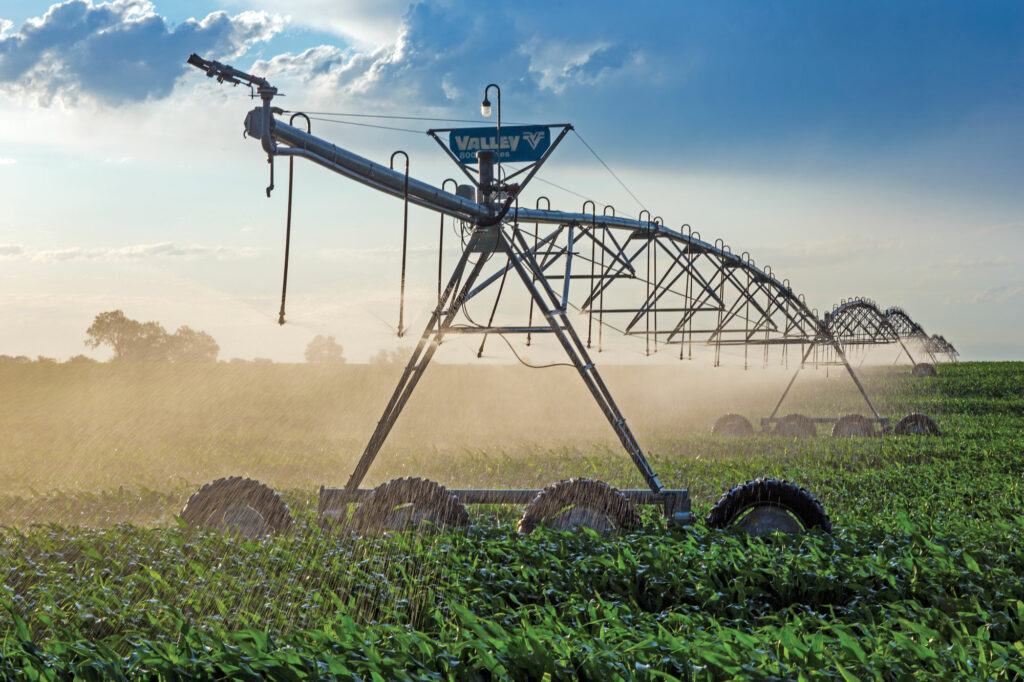
As the global population continues to grow, the demand for food production is increasing at a rapid pace. In order to meet this demand, it is essential for the agricultural industry to adopt sustainable farming practices that not only increase productivity but also protect the environment for future generations. One such sustainable practice that is revolutionizing agriculture is center pivot irrigation. This article explores the benefits of center pivot irrigation and why it is considered the future of agriculture.
The Importance of Sustainable Farming Practices
Sustainable farming practices are essential for the long-term health and viability of our planet. Traditional farming methods have often led to soil degradation, water pollution, and loss of biodiversity. By adopting sustainable practices, farmers can mitigate these negative impacts and ensure that their land remains productive for years to come. Center pivot irrigation is one such practice that promotes sustainability in agriculture.
Benefits of Center Pivot Irrigation
- Efficient water usage: Center pivot irrigation systems are designed to deliver water directly to the crops in a precise and efficient manner. This reduces water wastage and ensures that the crops receive the right amount of moisture for optimal growth.
- Energy savings: Compared to traditional irrigation methods, center pivot systems require less energy to operate. This not only reduces operating costs for farmers but also decreases carbon emissions associated with agricultural activities.
- Improved crop yields: By providing a consistent water supply to the crops, center pivot irrigation can help improve overall crop yields. This is especially important in areas prone to drought or water scarcity.
- Reduced soil erosion: Traditional irrigation methods can lead to soil erosion due to runoff. Center pivot systems distribute water evenly across the field, reducing the risk of soil erosion and preserving the quality of the soil.
- Flexibility: Center pivot irrigation systems can be customized to suit the specific needs of different crops and soil types. Farmers can adjust the speed and direction of the system to ensure that each crop receives the right amount of water.
The Future of Agriculture
Center pivot irrigation is not only beneficial for individual farmers but also plays a crucial role in the future of agriculture as a whole. As climate change continues to impact global weather patterns, it is becoming increasingly important for farmers to adopt sustainable practices that can withstand environmental challenges. Center pivot irrigation offers a solution that not only conserves water but also promotes efficient resource management.
Challenges and Considerations
While center pivot irrigation offers numerous benefits, there are also challenges and considerations that farmers must take into account when implementing this system.
Initial Investment
- Center pivot irrigation systems require a significant upfront investment. Farmers must consider the costs of purchasing and installing the system, as well as ongoing maintenance and operational expenses.
Technological Skills
- Operating a center pivot system requires a certain level of technological skills and knowledge. Farmers may need training to effectively manage and maintain the system.
Environmental Impact
- While center pivot irrigation can reduce water wastage and soil erosion, it is important to consider the overall environmental impact of the system. Farmers should assess the energy use and potential runoff from the system to minimize any negative effects on the environment.
Conclusion
Center pivot irrigation represents a sustainable farming practice that offers numerous benefits for both farmers and the environment. By adopting this technology, farmers can improve water efficiency, increase crop yields, and promote long-term sustainability in agriculture. While there are challenges to overcome, the future of agriculture lies in embracing innovative practices like center pivot irrigation that prioritize both productivity and environmental stewardship.
